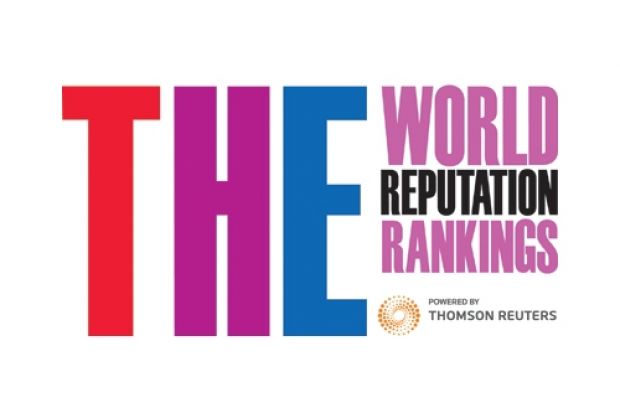World University Rankings 2013-2014 out now
Harvard University heads a group of six “super-brands” which have pulled away from the chasing pack in terms of reputation and prestige, according to the tables published on 4 March.
Massachusetts Institute of Technology is the second highest in the list of top 100 university brands followed by the University of Cambridge, the University of Oxford, the University of California, Berkeley and Stanford University.
Australia is the major success story of the 2013 rankings, with an extra two representatives in the world top 100 – the University of New South Wales and Monash University.
Its four other universities in the top 100 also improved their standings, with the University of Melbourne highest ranked at number 39.
The UK had nine institutions in the top 100 – the universities of Cambridge, Oxford, Imperial College London, University College London, the London School of Economics, Edinburgh, Manchester, King’s College London, Bristol – three fewer than the inaugural 2011 rankings.
Germany, Japan and the Netherlands each has five universities in the top 100, France has four institutions and Canada, Hong Kong and Sweden three apiece.
Compiled by Thomson Reuters, the ranking is based on responses from around 16,300 leading peer-reviewed academics from across the world who were asked to nominate no more than 15 of the best institutions in their field of expertise.
Thirty-nine per cent of responses were from the Americas, 26 per cent from Europe, 25 per cent from Asia Pacific and 12 per cent from the Middle East, North Africa and Central Asia.
Eighteen per cent of respondents were from the physical sciences, 21.3 per cent from engineering and technology, 22.1 per cent from the social sciences, 15.4 per cent from clinical subjects, 12.7 per cent from life sciences and 10.5 per cent from the arts and humanities.
Phil Baty, editor of Times Higher Education Rankings, said: “A university’s reputation is subjective, but it matters deeply in today’s highly competitive global marketplace.
“It has serious real-world impact – helping to attract top student and academic talent, and encouraging industrial investment and benefactions.”
Twenty countries are represented in this year’s top 100, with Asian countries continuing to rise in the rankings.
In addition to Japan’s five institutions and Hong Kong’s three, the Republic of Korea has two universities in the top 100 – Seoul National University and the Korea Advanced Institute of Science and Technology – as does Singapore – the National University of Singapore and Nanyang Technological University - and China – Tsinghua University and Peking University.
Taiwan’s National Taiwan University also scores a place in the top 100.
“It is clear that no university, no matter how prestigious, can afford to be complacent in this fast-moving, information-rich global age,” Mr Baty.
“New forces in higher education are emerging, especially in the East Asian countries that are investing heavily in building world-class universities, so the traditional elite must be very careful.
“In the three years that the World Reputation Rankings have been running, we have clear evidence that the US and the UK in particular are losing ground.”
Shabana Mahmood, Labour’s shadow minister for universities and science, said it was “important to understand” why universities in other countries were gaining ground on the UK.
“This downward trend should give ministers cause for concern because on their watch, it now seems the international standing of UK universities is starting to fall,” she said.
Sally Hunt, general secretary of the University and College Union, said: “It is unlikely that recent negative headlines around the world about the UK threatening to deport students, coupled with changes to how students are classified for migration figures, will have done much to enhance our reputation on the international stage.”
However, a spokeswoman for the Department for Business, Innovation and Skills said: “The UK has a global reputation for excellence in higher education. We have strong institutions, a world-class research base and dedicated staff. To stay ahead in the global race, we are protecting the research budget, making UK research more accessible and delivering a better student experience.”
Register to continue
Why register?
- Registration is free and only takes a moment
- Once registered, you can read 3 articles a month
- Sign up for our newsletter
Subscribe
Or subscribe for unlimited access to:
- Unlimited access to news, views, insights & reviews
- Digital editions
- Digital access to THE’s university and college rankings analysis
Already registered or a current subscriber? Login




